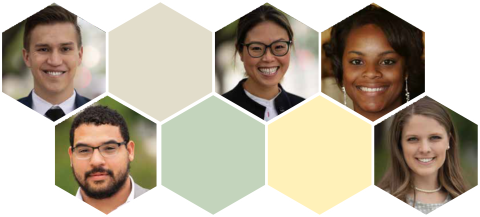
UTeach Student Handbook
Welcome!
It is a pleasure to have you consider our program. UTeach Natural Sciences grew out of the conviction that public universities have a profound role to play in improving the public education system. UTeach began at The University of Texas at Austin in 1997 as an innovative way to recruit undergraduate science, technology, engineering and mathematics (STEM) majors and prepare them to become teachers.
Faculty with expertise in STEM fields, in STEM teaching and learning, and in the history of science and mathematics work alongside master teacher practitioners (UTeach clinical faculty) to design a program emphasizing deep understanding of content, practices and pedagogy, and strong connections be- tween theory and practice. The program combines rigorous STEM degrees with secondary teaching certification without adding time or cost to four-year degrees.
Out of this original program a number of local education initiatives have grown, including a national expansion effort, all supporting the improvement of STEM education and the public education system overall.
We are excited that you are taking the first step to earning a teaching certificate through UTeach Natural Sciences, where you will be prepared to change the world.

